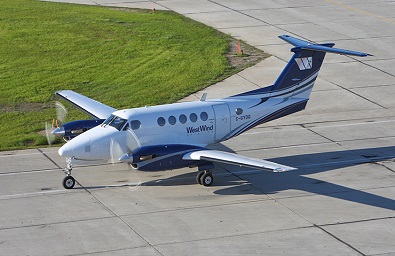People looking to get on airplanes in Canada will now have to provide proof of vaccination in order to board.
The federal government made the announcement last week in Toronto. The new regulations also apply to other federally regulated transportation like trains. Until November 30 people will have the option of providing a negative COVID-19 test.
However, for passengers in a number of communities in northern Saskatchewan exceptions are being made due to them being considered remote.
Tracy Young-McLean, vice president of human resources and corporate services at Rise Air, which provides air service in the province’s north, explained there are a number of communities served by the airline which are classification as being remote.
“Those remote communities would include Uranium City, Stony Rapids, Fond-du-Lac, Wollaston Lake and La Ronge, so those communities are designated remote communities,” she said.
Due to them being considered remote airports, passengers getting on planes at these locations do not have to provide proof of vaccination or a negative COVID-19 test.
When it comes to determining which airports qualify as remote, Young-McLean said Transport Canada is responsible for the classification. Larger airports in the province are classified as being gateway airports and as a result have to abide by the new regulations.
Young-McLean added the airport in La Ronge was not put into either of the two classifications by the federal government.
“For us, what we’ve done is just simply applied that remote community concept to them,” she said.
The situation will be different for people getting on planes to fly into remote communities from airports in Prince Albert, Saskatoon and Regina, which are classified as being gateway facilities.
“When passengers are traveling from any of those airports into remote communities they are required to provide proof of full vaccination or a PCR molecular test unless there’s an exemption for an accommodation in place,” said Young-McLean.
Young-McLean added the test requirement for people flying out of these three airports to remote communities is currently on hold as Rise Air is waiting on the delivery of tests from the federal government.
Through the process Young-McLean said the airline has been speaking with the federal government about the coming changes and what they would mean.
“We had numerous calls with Transport Canada to understand what these regulations looked like,” she said.
Along with the federal government, Young-McLean said Rise Air has also been in regular contact with leadership in the communities they serve to keep them up to date on the coming changes.
“We are always in close consultation with our community partners, with health authorities we participate on a bi-weekly call with all of those different entities where that information has been shared,” she said.
